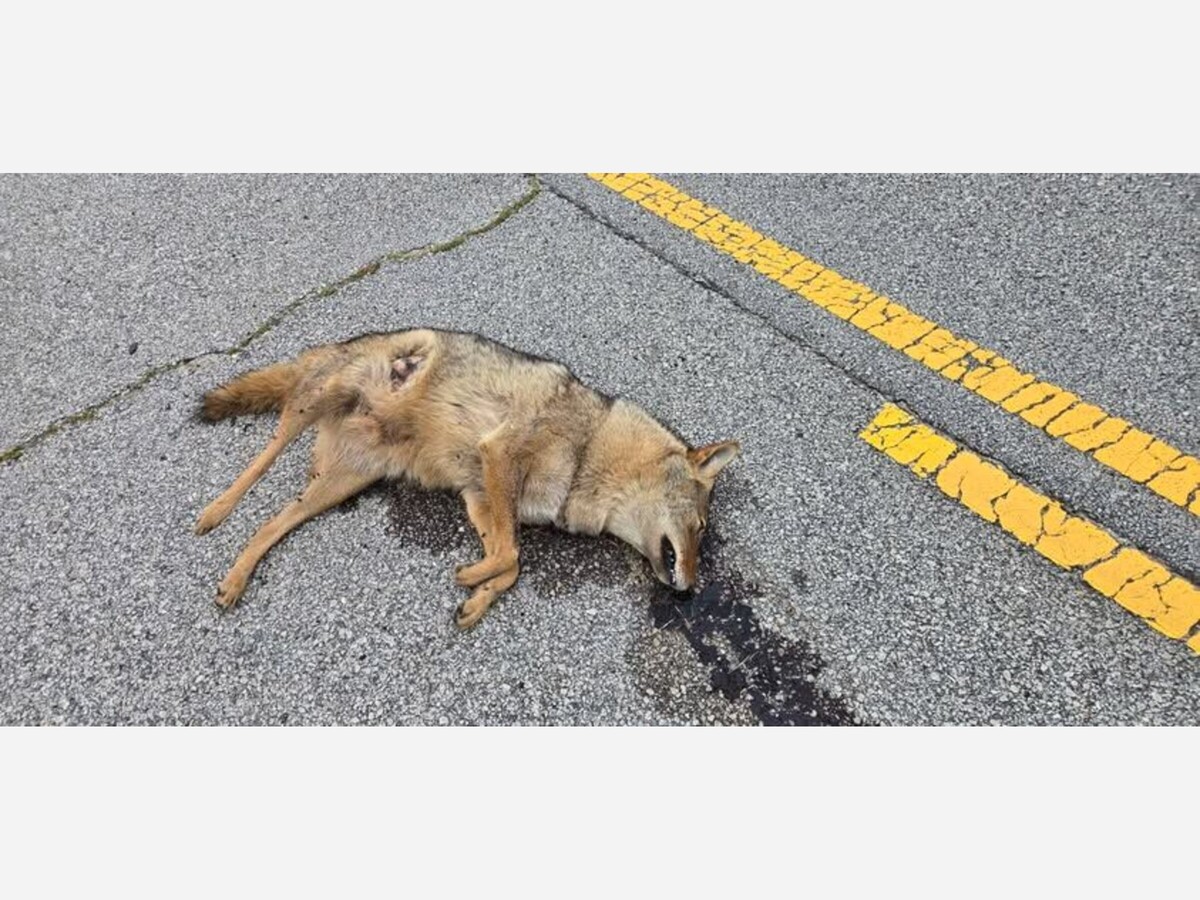Image


Loganville GA- Located on Hwy 78 close to Hwy 81, deceased coyote, the dangers.
As coyote populations continue to expand across Georgia, residents of Walton County are increasingly encountering these adaptable predators in their neighborhoods. While coyotes are naturally wary of humans and generally avoid direct confrontation, their presence in residential areas brings a range of risks that warrant attention from homeowners and local authorities.
Coyotes are highly opportunistic and often drawn to neighborhoods in search of easy food sources. Garbage cans, pet food left outdoors, fallen fruit, and even small pets can attract coyotes, especially as they adapt to urban and suburban environments. Their natural diet consists largely of small mammals, but in residential areas, they have been observed scavenging for discarded human food and preying on unattended pets, particularly at night or during the early morning hours when they are most active.
For Walton County residents, the threat to pets is perhaps the most immediate concern. Coyotes have been known to attack and kill cats and small dogs, especially those allowed to roam freely or left outside overnight. The Georgia Department of Natural Resources recommends keeping pets indoors during coyote hunting hours and using secure fencing to protect outdoor animals. While attacks on larger livestock are rare, young or small livestock and poultry can also fall victim to coyote predation if not adequately protected.
Beyond predation, coyotes in Walton County are also vectors for diseases that pose significant risks to both pets and humans. While the risk of rabies transmission from coyotes remains low, another disease—Hydatid Tapeworm (Echinococcus multilocularis)—is of growing concern. Coyotes and foxes serve as definitive hosts for this parasite, carrying the eggs in their intestines and shedding them in their scat. Dogs that come into contact with infected coyote scat can carry the eggs on their fur, potentially transmitting them to humans through casual contact. The eggs can even become airborne once dried, increasing the risk of inhalation and subsequent infection. Hydatid disease can be fatal, with cysts developing in the liver, lungs, or brain, sometimes years after initial exposure.
Experts emphasize that the best defense against nuisance coyotes is prevention. Securing garbage, removing potential food sources, and supervising pets outdoors can significantly reduce the likelihood of coyote encounters. Residents are also urged to avoid feeding coyotes, either intentionally or unintentionally, as this can lead to habituation and bolder behavior. In cases where coyotes become unusually aggressive or lose their natural fear of humans—often a sign of disease or injury—authorities recommend humane removal to protect both the community and the animals themselves.
While the presence of coyotes in Walton County is now a fact of life, awareness and proactive management can help mitigate the risks they pose. By understanding coyote behavior and taking simple precautions, residents can coexist more safely with these adaptable predators, protecting both their families and their pets